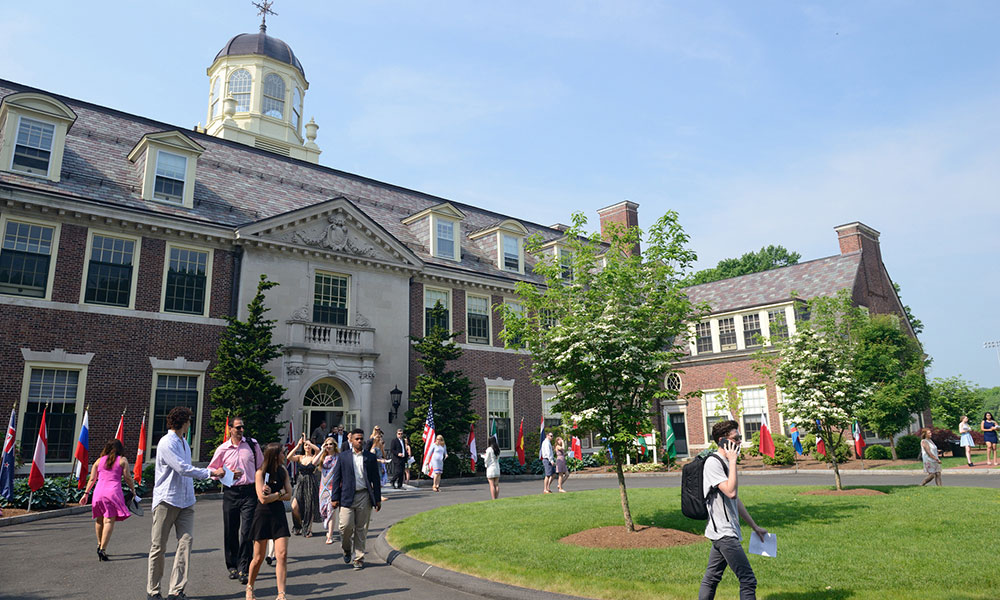
Private School Association Assists Hurricane-Displaced Students
The Association of Boarding Schools has helped connect schools and students after Hurricanes Harvey, Irma, and Maria. The organization played a similar role following previous disasters.
Following recent hurricanes in Texas, Florida, and Puerto Rico, the Association of Boarding Schools (TABS) reached out to its members to see who can provide assistance to students who’ve lost their homes and are looking for new schools. Nearly half have stepped up.
According to Executive Director Peter Upham, shortly after Hurricanes Harvey and Irma, TABS emailed a survey to members to see which schools might be able to accommodate students. August and September, when the storms hit, made the timing difficult because many schools had already begun their fall semesters. But Upham knew from experience that many members could be flexible.
It’s really our schools themselves that are doing the heavy lifting.
“We [staff] discussed it after the first two hurricanes had struck,” he said. “Harkening back to what we’d done in response to previous disasters, we had reason to believe there were an appreciable number of families that were displaced or wouldn’t have access to their intended school for a period of time.”
The survey asked schools if they could accept displaced students for the fall or spring semesters, and if the schools could also provide financial aid. TABS collected the responses into a continuously updated public spreadsheet, which was announced last week. The spreadsheet currently lists 113 schools—45 percent of the association’s 251 members. Many of those offer a variety of financial assistance, including free one-time tuition for a semester.
TABS isn’t providing direct assistance itself, and the outreach itself is low impact in terms of resources: TABS’ director of information services released the survey and aggregated the data, and a marketing firm already working the group provided promotional help. “It’s really our schools themselves that are doing the heavy lifting in terms of bringing students in well into the term and having to orient them,” Upham said.
TABS also played a similar role following Hurricane Katrina in 2005 and after the Japanese Tsunami in 2011, Upham said. “We had maybe 50 to 60 students that wound up joining our schools as a result of our schools opening their doors [after Katrina],” he said. “Many of their students would just be there for that particular school year and then went home. And then others wound up staying on all the way through to graduation, depending upon their family circumstances.”
Following this round of post-hurricane assistance, Upham says TABS intends to do more follow-up research at the end of the year to find out more about the students who took advantage of the program. “We don’t have any data yet, but it won’t surprise me at all if a number of placements at a number of schools results from the program,” he said.
Connecticut's Loomis Chaffee School, one of the boarding schools with openings. (aimintang/iStock Editorial/Getty Images Plus)






Comments